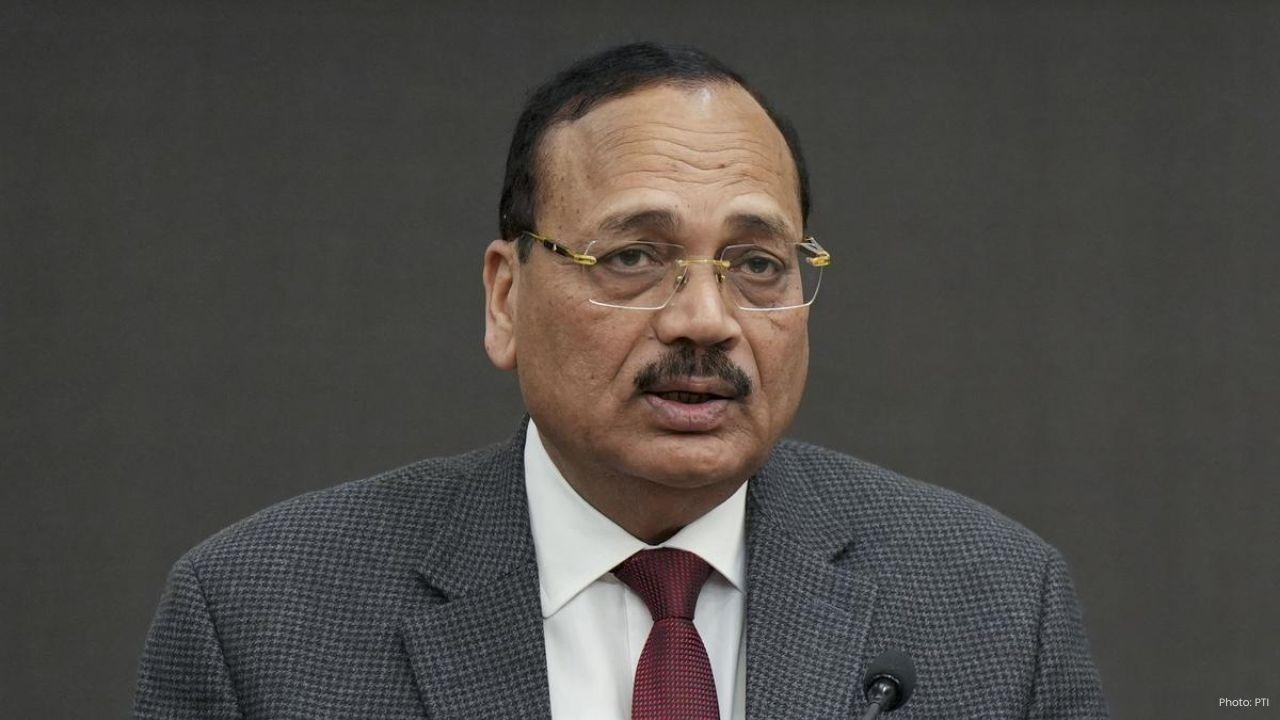You have not yet added any article to your bookmarks!

Join 10k+ people to get notified about new posts, news and tips.
Do not worry we don't spam!

Post by : Badri Ariffin
KANDY, SRI LANKA – Senior-most Supreme Court judge Justice Surya Kant has highlighted that while technology is reshaping the legal world, justice remains fundamentally human. Speaking at the 29th National Law Conference in Kandy, Justice Kant said that tools like AI and digital platforms are allies of the judiciary, but they cannot replace the human conscience and empathy that underpin fair trials.
“Technology is a powerful ally, but justice will always be a profoundly human enterprise,” Justice Kant said. He noted that court offices, once dominated by paper files, now rely on dashboards that track case filings, pendency, and court schedules in real time.
Justice Kant emphasized that AI can assist in legal research, drafting, or detecting inconsistencies, yet it cannot perceive the subtle emotional cues of witnesses, the moral weight of decisions, or the dignity of litigants. “Let technology be the guide and the human govern,” he said, cautioning against overreliance on algorithms in decision-making.
He described the current legal transformation as global and sweeping, with case management systems, e-filing platforms, and virtual hearings extending access to justice beyond traditional geographical limits. Courts in India have already implemented online dispute resolution, virtual hearings, and digital registries, which have made the judicial system more efficient and transparent.
For students and young legal professionals, Justice Kant observed, technology is now a key learning tool. It allows deeper engagement with case law, faster research, and greater awareness of procedural norms. Similarly, citizens are benefitting from online grievance portals, virtual Lok Adalats, and digital legal aid services, which make the justice system more accessible than ever.
Yet, he stressed the importance of caution. Data may inform decisions but cannot dictate them. Legal professionals must ensure that technology serves transparency, fairness, and accountability. Justice Kant warned against potential pitfalls such as AI errors, data biases, and confidentiality risks, emphasizing that human oversight remains essential.
Highlighting inclusivity, he urged that access to legal technology should be democratized rather than restricted to a privileged few. Law schools and judicial academies, he said, should incorporate courses on legal informatics, AI ethics, data science, and computational law to prepare future professionals.
Justice Surya Kant concluded with a message of balance: embracing technology should enhance justice without compromising the core values of fairness, due process, and human dignity. “We can shape and guide technology so that it strengthens, not supplants, justice,” he said.
This perspective reinforces a vision where courts are more transparent, accessible, and efficient, yet remain guided by human wisdom, empathy, and ethical judgment.










Study Warns Using AI for Medical Advice Is ‘Dangerous’ as Users Get Inaccurate Health Guidance
A major new study reveals that artificial intelligence (AI) chatbots and tools may give misleading o

Top Sci-Fi Movies Streaming on Netflix This February: Must-Watch Picks for Genre Fans
A curated news-style guide to the best science fiction films currently available on Netflix in Febru

BCCI Central Contracts Shake-Up: Kohli, Rohit Moved to Grade B as Board Reshapes 2025–26 List
Virat Kohli and Rohit Sharma have been placed in Grade B in the BCCI’s 2025–26 central contract list

Dalal Street Spotlight: Top 10 Stocks Investors Are Watching as Markets Open on a High
Indian stock markets begin the week with strong momentum, and several blue-chip and mid-cap stocks a

Market Movers Today: Key Stocks Set To Watch In Indian Markets
Indian equity markets are poised for active trading as several major companies, including Bharti Air

Milan Welcomes the World: Inside the Grand Opening Ceremony of the 2026 Winter Olympics
The 2026 Winter Olympics opening ceremony in Milan marked a defining moment for global sport, blendi